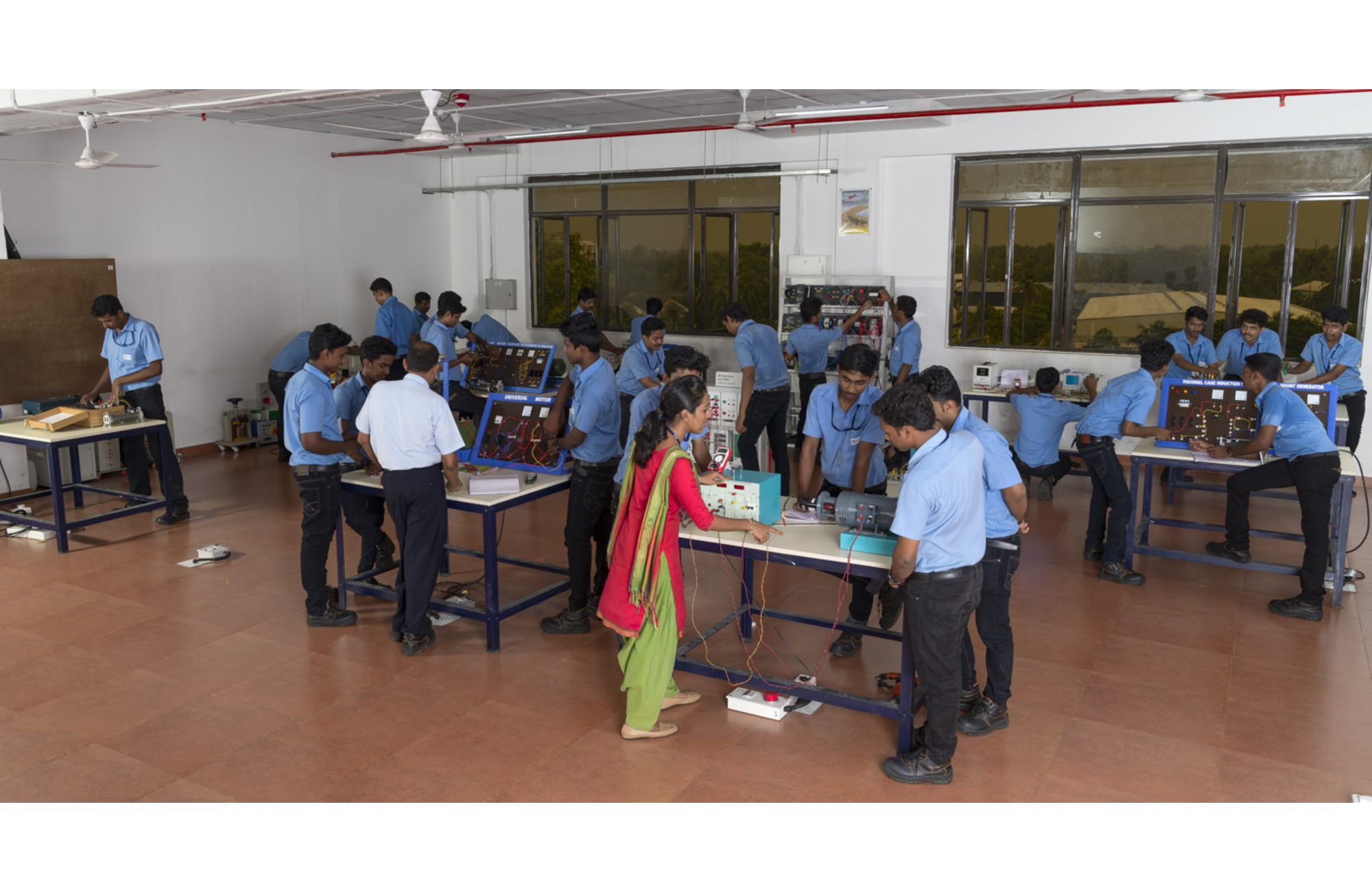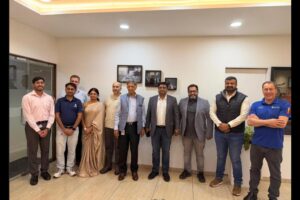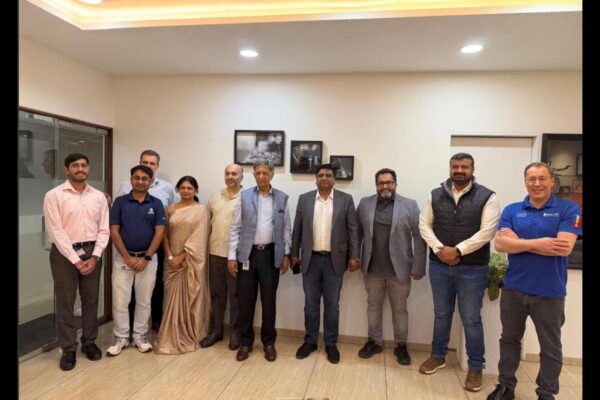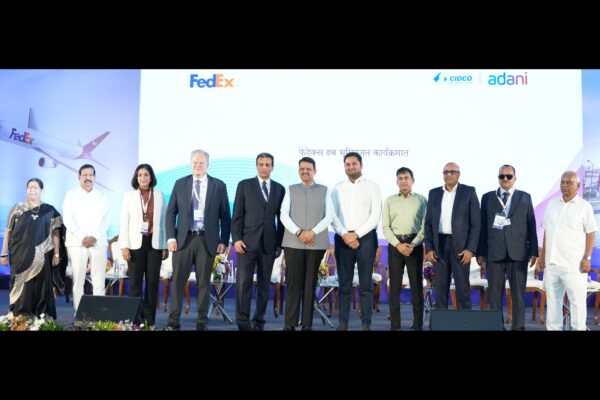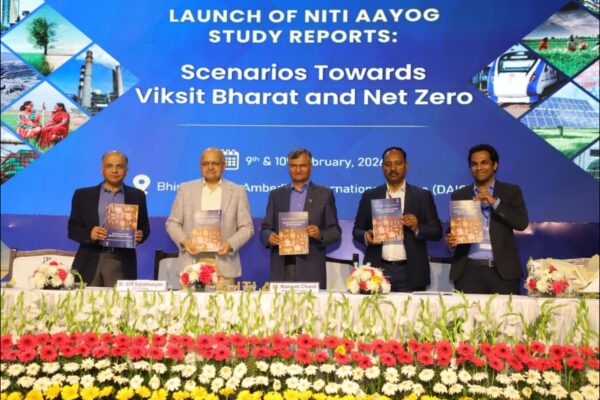ADB approves $109.97 mn loan to boost advanced skills and employability in Gujarat
The Asian Development Bank (ADB) has approved a $109.97 million results-based loan to support the Government of Gujarat in advancing its vision of becoming a global industrial hub through a stronger, more future-ready workforce. The Gujarat Skills Development Program, led by the state’s Labor, Skill Development and Employment Department in collaboration with Kaushalya: The Skill University (KSU), aims to equip the state’s workforce with industry-aligned, advanced skills that boost job readiness in high-growth sectors. The program will strengthen the institutional and managerial capacity of the KSU network and broaden access to high-quality, industry-relevant training courses that integrate frontier technologies. Through this process, the program aims to transform the governance and performance of the technical and vocational education and training (TVET) system in Gujarat, establishing a scalable model that can be replicated across other states in India.
Focusing on seven high-priority industries – logistics, automotive, manufacturing, information technology, renewable energy, healthcare, and agri-tech – the program will implement a range of interventions. These include upgrading 11 mega industrial training institutes (ITIs), establishing centers of excellence, and partnering with affiliated private training providers through a hub-and-spoke model anchored by KSU. Courses will be designed in close collaboration with industry to ensure alignment with market demands and job trends.
Aligned with the National Education Policy 2020 and Gujarat’s Skills Development Plan (2025–2030), the program aims to transform Gujarat’s demographic dividend into a highly skilled, competitive labor force capable of driving innovation, sustaining economic growth, and supporting the state’s transition to a knowledge-based economy.
“Realizing Gujarat’s aspiration to emerge as a globally competitive and innovative industrial hub hinges on cultivating a workforce proficient in advanced and emerging technologies,” said ADB Principal Social Sector Specialist Uzma Hoque. “This program is a transformative effort to modernize the TVET ecosystem by integrating technologies such as artificial intelligence, aligning training with evolving industry needs, and fostering inclusive, employment-focused, future-ready talent.”
The program supports increased participation of women and socioeconomically disadvantaged groups in engineering and frontier technology trades. By 2030, it aims to graduate at least 60,000 students with advanced skills, increase female enrollment in engineering disciplines, and provide 175,000 disadvantaged individuals with training that enhances their employment prospects.
Implemented through a results-based lending (RBL) modality, the program links disbursements to the achievement of measurable results such as improved employability of graduates, enhanced governance at KSU, strengthened industry partnerships, certification of training courses by renowned international institutes and multinational industry partners and improved teacher quality. Sustainability is also prioritized, with the incorporation of climate resilience and green building features to support Gujarat’s broader development and environmental goals.
Tags

